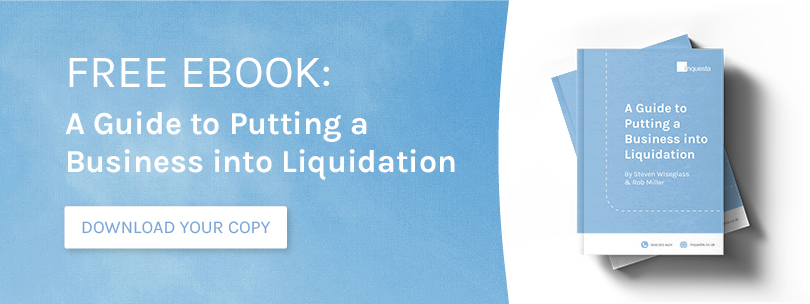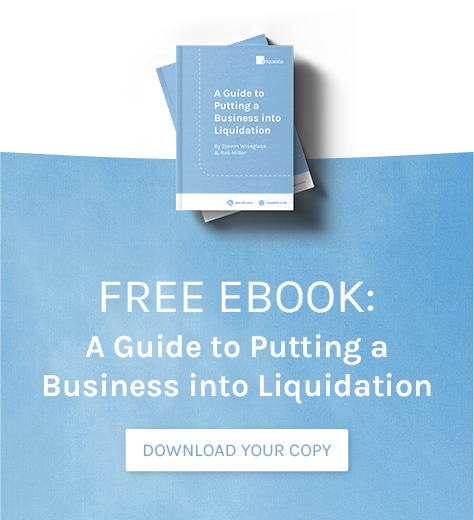There is no doubt that the long-term impact of COVID 19 on the UK economy is uncertain.
However, one thing we can say for sure is that uncertainty never bodes well for an economy.
Over the past few months, the UK government has announced numerous measures to try to protect jobs and people’s incomes, including; bounce back loans, CBIL, furlough, business rates grants, deferral of VAT and income tax payments, reduction in residential stamp duty and Eat Out to Help Out.
Whilst these schemes have undoubtedly resulted in a bounce- back, many people quite rightly question whether they are just papering over the cracks and delaying the inevitable.
There is some evidence that the UK economy is recovering somewhat. The latest Lloyds Bank business barometer rose eight points to -14, the biggest monthly increase in three years.
The Bank of England predicted an 18% rebound in GDP in the 3rd quarter of 2020 and an unemployment rate of 7.5%, lower than was previously forecast.
Changes to stamp duty have made 90% of residential property purchases tax-free, which appears to have maintained a strong housing market. According to the Bank of England, British mortgage lending accelerated in July to 66,300 from 40,000 in June and 9,000 in May, but lower than February’s figure of 74,000.
British factory output rose at the fastest pace in more than 6 years.
A recent CBI survey said that spending in August was 27% below normal, yet this was against a 79% shortfall in June.
Whilst there are definite signs of some sort of recovery, these statistics should be viewed cautiously, as most are comparing against data in March, April and May, when the country was in lockdown and the majority of trade had ceased.
However, for every piece of good news, you will find numerous negative stories.
According to the Society of Motor Manufacturers and Traders, the economy shrunk by 20% between April and June – the sharpest drop of any major economy – with the transport equipment sector being the worst-hit area of manufacturing, and output down by almost half.
M&S recently announced job losses of 7,000, and other high street chains including Debenhams, WHSmith and Pret a Manger have announced they are shedding large numbers of positions as well.
According to the ONS, overall productivity saw its largest-ever fall in the second quarter of 2020.
UK GDP fell by 20.4% between April and June, which was the biggest quarterly fall on record.
Not to mention the significant risk of a second wave of COVID and further lockdown.
All of this leaves us scratching our heads wondering what the next 12 to 24 months hold in store.
The next 3 months will be critical, and will tell us most of what we need to know about the future economic position.
It is probable that there is a perfect storm brewing.
For many businesses, COVID wiped out 3 months’ worth of trade, much of which is not recoverable. For any business, losing a quarter of its annual income may very well prove catastrophic.
Furthermore, in October, the Furlough scheme comes to an end, which means that all staff will be coming back to work. Whilst the government has put in place some schemes to try to keep people in work, with social distancing measures required and a likely reduction in trade resulting for many businesses, retaining pre-COVID staff levels will prove to be a significant challenge to working capital and cashflow.
Most businesses will have received their business rates grants in April and small business bounce back loans back in April or May, and it can be reasonably assumed that many will have used up that money by October. Repayments for the bounce back loans will commence in April/May 2021, providing a further hit to already precarious cashflow.
Deferred VAT payments are now also due, meaning that pre-COVID VAT liabilities will have to be paid.
When put together with a general reduction in consumer spending, COVID-related social distancing measures, the risks of a second wave and possible tax increases, the future is beginning to look rather bleak.
Some industries will be affected worse than others. If you have a predominantly internet-based business, the likelihood is that you have fared relatively well over lockdown, as this was the only way that many consumers could do their shopping.
I know of a few manufacturing businesses that were able to act quickly and convert their factories to produce PPE or hand sanitizer. They will no doubt have done very well. The success of the Zoom video conferencing platform has been well publicised, as businesses have been forced to hold meetings online.
However, others have not come out so well. Travel and tourism has been one of the hardest-hit sectors. Performing arts has also been dealt a major blow, and there are no immediate signs of people being allowed back into theatres anytime soon.
Having discussed the issue with a number of criminal defence lawyers, the future looks even more bleak for them. Many firms were struggling pre-COVID, as Legal Aid rates had been drastically cut over the years. Many still have staff on furlough and, with a huge backlog of cases in the Crown Court and a lack of police resources to charge alleged criminals, their pipeline of work has dwindled significantly. There is a strong possibility that we will see a number of criminal law firms fail, and/or mergers.
This all sounds very negative. However, if any of the above rings true for our readers, now is the time to take action.
Many directors will be laying awake at night worrying about what the future holds.
At Inquesta, we have put together a specialist panel of advisors to provide a “one-stop shop” to assist struggling businesses. These include (but are not limited to) commercial finance brokers, employment experts, cost-cutting specialists, business coaches and, of course, insolvency advice.
In my experience, there is a stigma attached to insolvency practitioners – in that they are simply looking to close a business. This is not the case. The preference would always be to save a good business, and there are a number of other options available, for example a company voluntary arrangement or debt restructuring.
If you are worried about the future of your business, please do get in contact for a no- obligation chat and to receive sound commercial advice.



